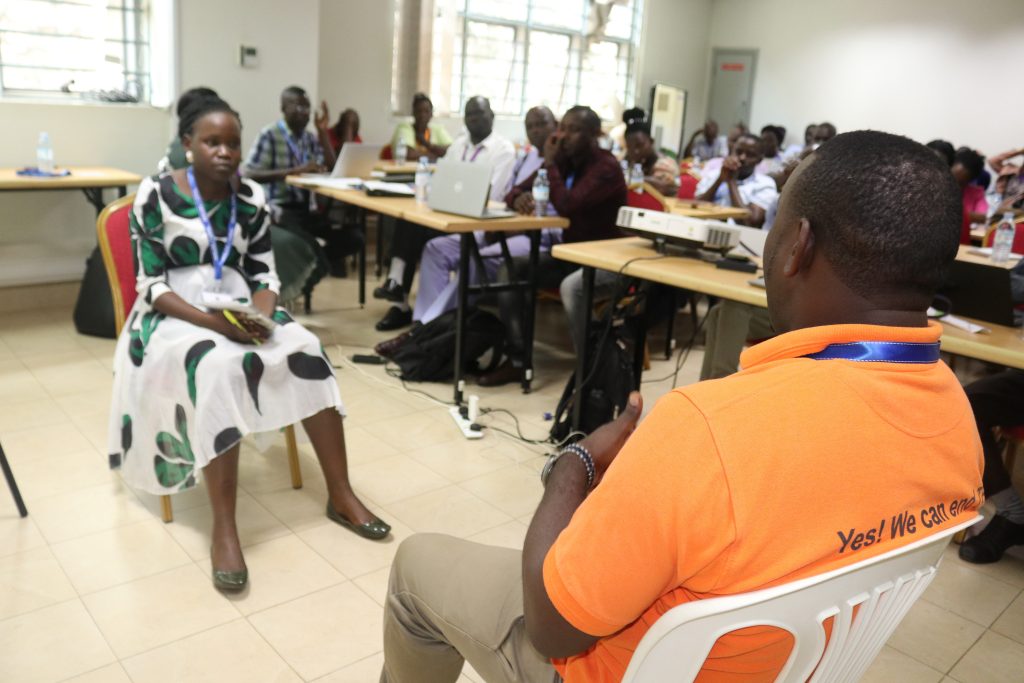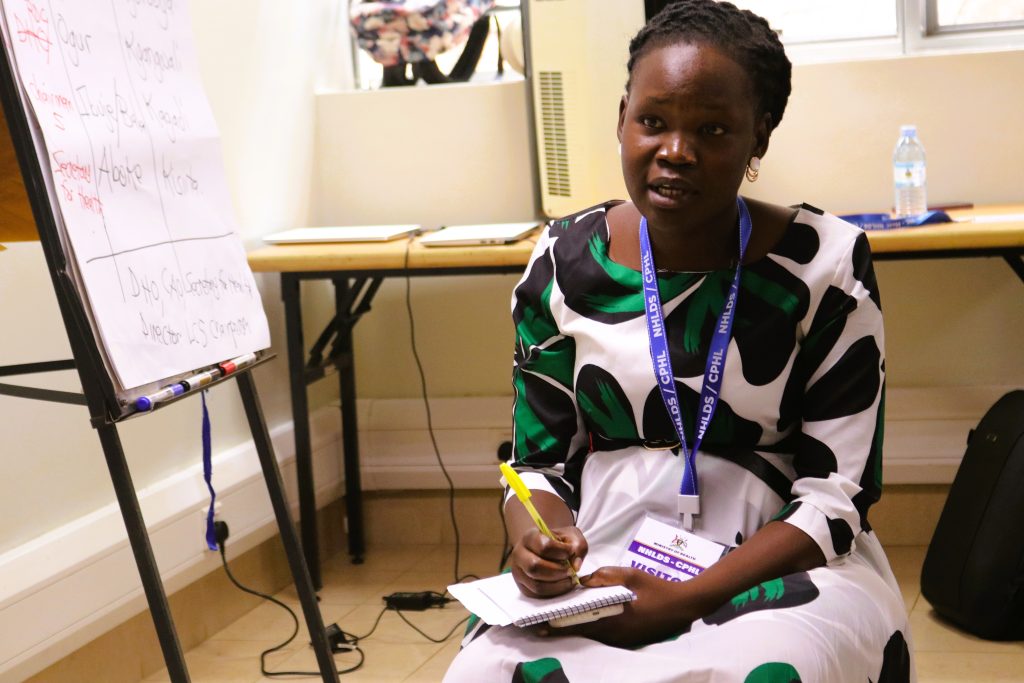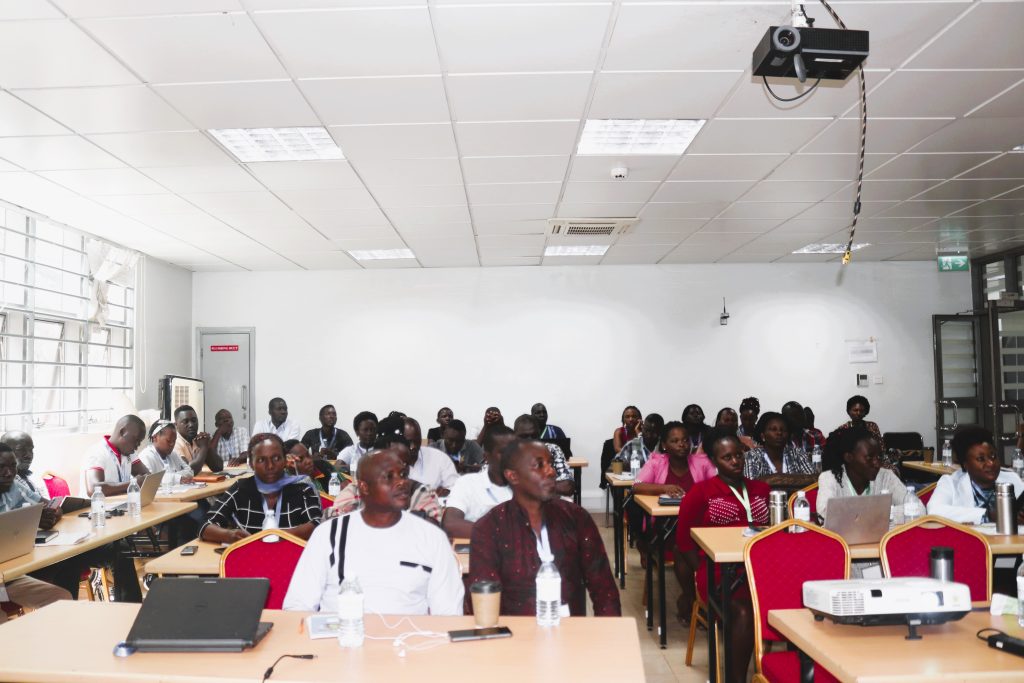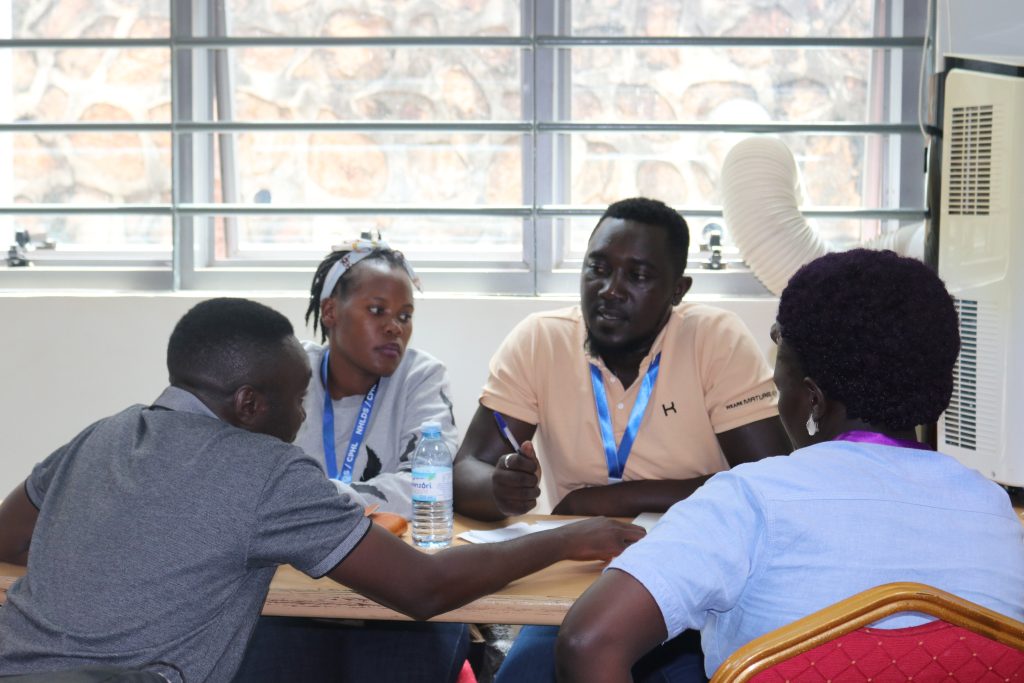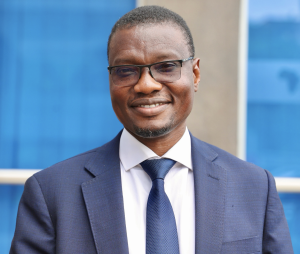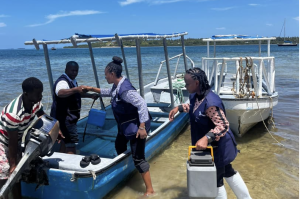Clinic-Lab Interface Continuous Quality Improvement Workshop Marks Milestone in Kampala
-
by
AFENET
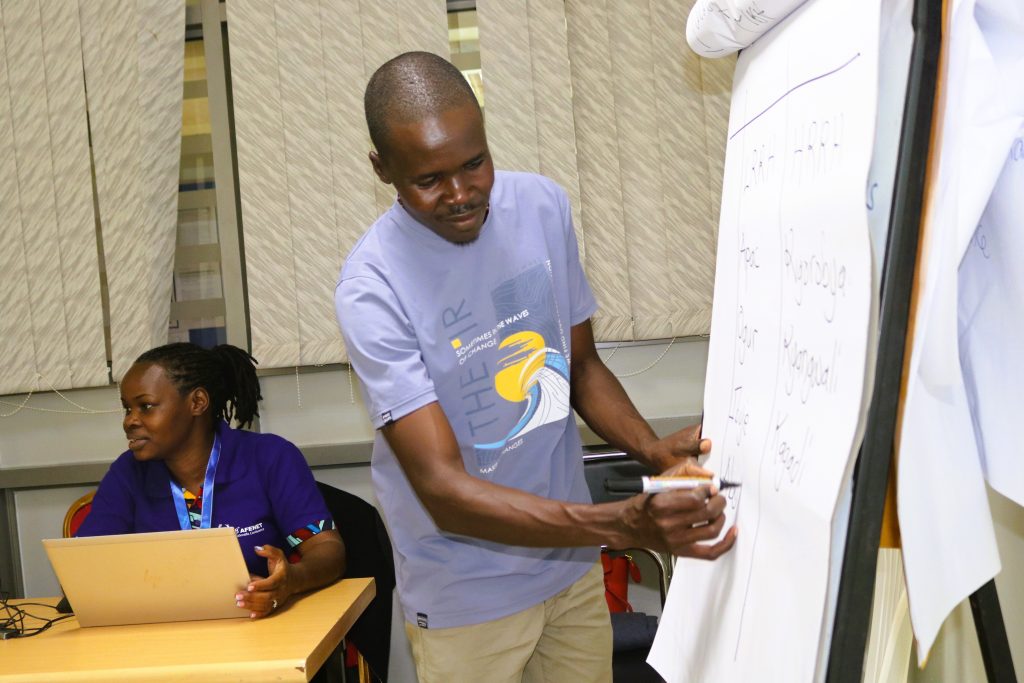
In a significant stride towards enhancing healthcare delivery in Uganda, the Clinic-Lab Interface Continuous Quality Improvement (CLICQ!) project hosted a comprehensive workshop in Kampala. A collaboration of the US Centers for Disease Control and Prevention (CDC), CDC Uganda, the African Field Epidemiology Network (AFENET), and the National TB and Leprosy Program of the Ugandan Ministry of Health (MoH), aims to fortify the interface between clinical services and TB testing laboratories.
The workshop, conducted from the 15th to the 19th of April at the National TB Reference Laboratory Butabika, convened healthcare providers ( Lab personnel, Data officers, Clinicians, and counselors) from various regions. Among the attendees was Tike Fortunate, representing Lira Referral Hospital, who emphasized the importance of continuous improvement in the clinic-lab interface.
The CLICQ! project, extended with the ECHO model (Extension for Community Healthcare Outcomes), endeavors to improve TB patient care from diagnosis to treatment initiation. It addresses challenges such as loss to Follow-up, specimen loss, loss screening, Turnaround Time, and data recording discrepancies between clinics and laboratories.
This innovative approach, first piloted in Nigeria, now sees implementation in Uganda, making it the pioneering country to test and adopt the CLICQ! – ECHO model. The project introduces the Diagnostic Cascade Evaluation (DiCE) toolkit, facilitating standardized assessments to quantify patient and specimen retention, as well as turnaround times within the clinic-lab interface.
Davis Ashaba Senior Laboratory Scientist/Project Manager, Laboratory, AFENET highlighted the program’s success in Nigeria and the need for adaptations to suit Uganda’s diverse healthcare landscape. The utilization of the ECHO model, connecting facility-based health workers with expert mentors through virtual platforms, emerged as a cost-effective innovation to enhance capacity and service delivery.
The project’s objectives encompass improving TB case finding, treatment initiation, and reducing turnaround times for diagnostic processes. Through structured activities including DiCE assessments, learning sessions, and ECHO mentorship, the project aims to achieve measurable impacts on patient outcomes and healthcare efficiency.
In an encouraging development, the CLICQ! – ECHO program showed remarkable progress in seven high TB-burden districts. With increased patient identification, specimen collection, and expedited treatment initiation, the program demonstrated its efficacy in improving TB services.
Recognizing the exemplary efforts of the AFENET Laboratory team in Uganda, CDC named TB CLICQ! Uganda project as 2024 Global TB Elimination Champions a recognition for their dedication to implementing innovative strategies that combat tuberculosis.
As the CLICQ! – ECHO program unfolds in Uganda, supported by collaborative efforts of stakeholders and frontline healthcare workers, it holds promise for revolutionizing TB care delivery and advancing towards the goal of ending TB globally.
